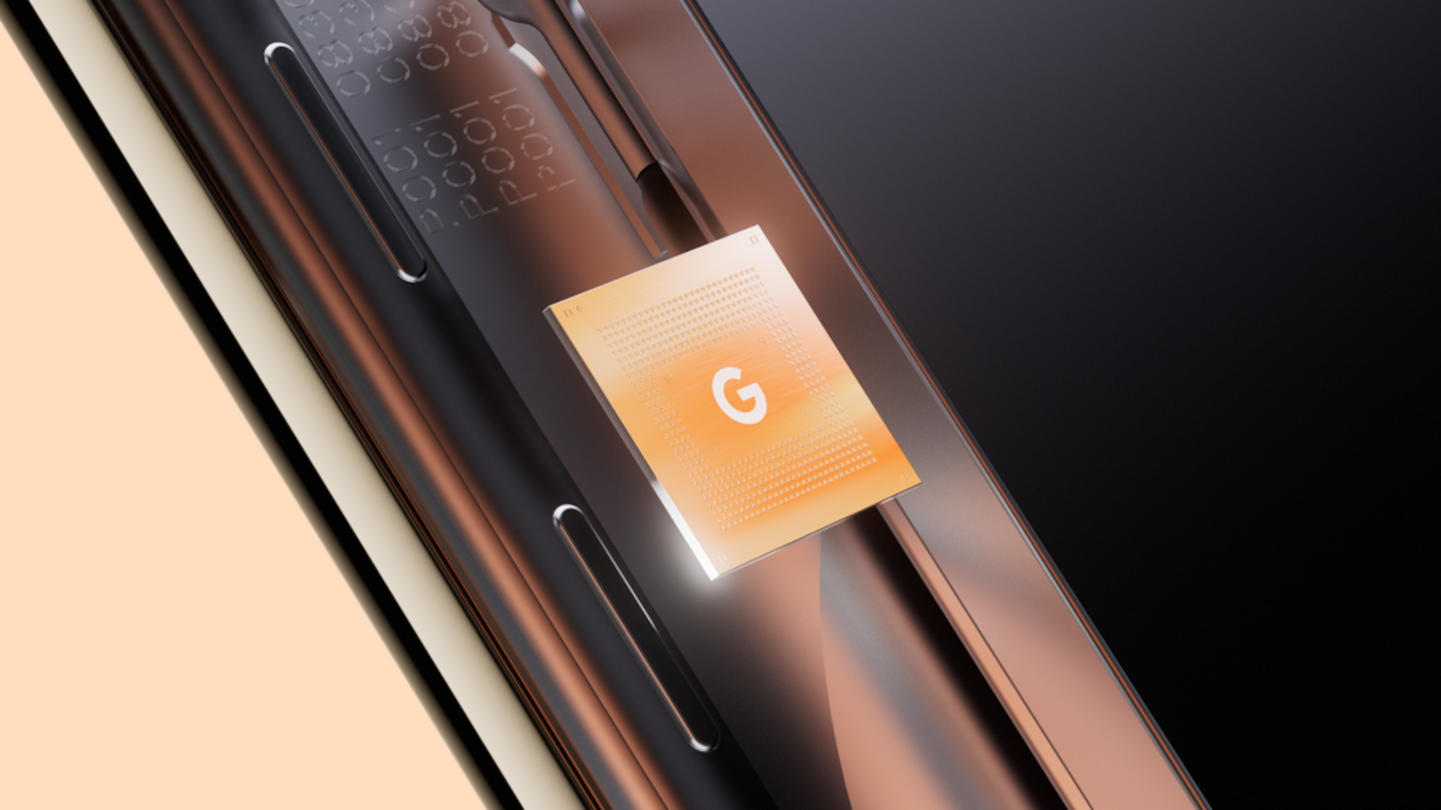Many see Google, and technically many other companies, as usual copying Apple’s strategy, especially successful. At the height of the Apple M1 Hype, Google is rumored to be working on his own arm-based silicone, which will take a series of apples of processors that are launched back in 2010. Of course, silicon M1 is destined for not cellphones but for Mac, and now Google is reported to pay attention to similar strategies that will Seeing the future of the Chromebook running on Google branded processors in early 2023.
To be fair, Google has made its own custom processors for years, but they have mostly been designed for machine learning purposes or data processing cloud. Instead, Google Pixel Tensor 6 will be the first company or AP application processor that is intended to perform the same function as Qualcomm Snapdragon or Apple A chipset. While the jury is still out whether it will succeed or fail, it seems that Google has worked to expand the in-house silicon to other devices as well.
The source told Nikkei that Google was developing a similar processor intended for the Chrome OS notebook and tablet and planned to launch silicon in about two years. At this point, the technical details of this mysterious Chromebook chipset are practically absent, but the Google Tensor specifications might provide an idea of what to expect. Of course, smartphones and Chromebook have different processing needs, and Google must rise ante if you want to produce a stronger arm-based processor.
Revelation from Google Silicon will come both of them are not leading but also confusing in time. Lack of global chips is likely to encourage larger chip developers such as Intel, AMD, Qualcomm, Nvidia, and others miserable to compete for production capacity. Google must have struggled harder to make the chip made, consider the situation not up to two years.
Using in-house processors does have the benefit of controlling everything and better integrating hardware and software, but does not come without its own shortcomings. The larger number of R & D resources must be poured into the development of chips for a longer period of time. Then again, R & D is clearly Google Forte, but the quality of hardware products may still submit some of the opportunities for Google Tensor to make it big on the mobile market.




